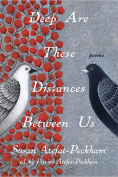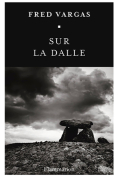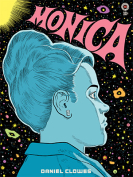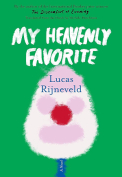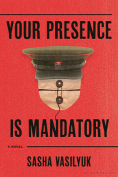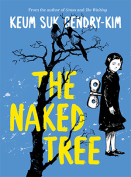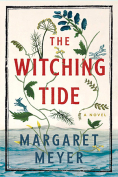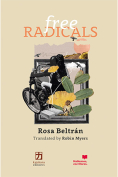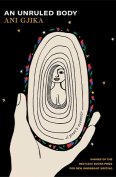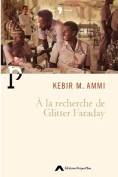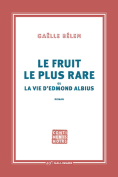Monica by Daniel Clowes
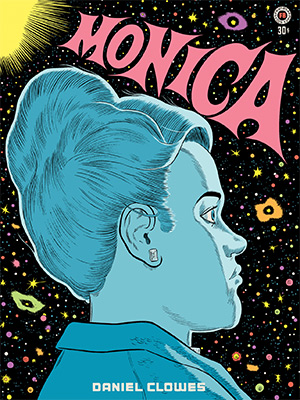 Seattle. Fantagraphics Books. 2023. 106 pages.
Seattle. Fantagraphics Books. 2023. 106 pages.
If there’s an overriding message in this remarkable graphic novel, it may be “Beware what you seek.” Monica is on a quest to define herself through discovering her origins. Though she knew her mother, Penny, before Penny disappeared and Monica was sent to live with her grandparents, she was never sure of her father’s identity.
But Daniel Clowes isn’t a spinner of simple tales, and this is in no way a straightforward narrative. Instead, it is a compilation of nine interrelated stories that experiment with drawing styles, cultural allusions, supernatural tropes, and literary quirks, always rendered with vibrant and often spectacular illustration. Even the end-page drawings—the opening ones with the threat of natural catastrophe and the closing ones with the undead coming off the page—are strong works of art.
Penny is a creature of the 1960s, and the volume opens with her fiancé, Johnny, depicted in the jungles of Vietnam while Penny is in bed with a hipster. This is only the first of Penny’s various liaisons with many men who move in and out of Penny and Monica’s lives. And just when she gets back with Johnny and there is a semblance of normal life on the horizon, Penny cancels the wedding and joins a cult. In effect, Clowes is writing not only Monica and Penny’s story but the story of America in the mid-twentieth century. The allure of a counterculture is strong and often depicted via gothic horror imagery—creepy but undeniable.
When Monica’s beloved grandparents die, she is unmoored. In the chapter titled “Demonica,” she sequesters herself in her late grandparents’ cabin and converses with her dead grandfather though his old radio. But we are not mired in sadness because Clowes’s story is energized by leaps. He then flashes forward twenty-two years when Monica has recovered from a terrible accident, made a pile of money, and is vastly successful yet still the lost and abandoned daughter seeking the truth of Penny and the identity of her father.
In a crucial, near-final episode, Monica pretends to join a cult to find out what happened to Penny. At this point, Clowes illustrates a nightmarish sequence satirizing cult leadership and the Stockholm syndrome behavior of cult followers. It is here that we finally realize Monica will never discover the truth of her past. And, as the novel winds down, a gray-haired Monica enters what appears to be a contented retirement period where Clowes tantalizes us with the possibility of a late-in-life romance. But Monica simply can’t resist digging up the past, literally, and all the demons are again released.
Clowes appears to be railing against Socrates’ dictum that the unexamined life is not worth living. Monica struggles mightily but never uncovers the explanations she hopes will give her life meaning. As she says, “It’s quite a blow to discover that after a lifetime of fairy-tale fantasies that you’re not really special, just the unwanted fetus of two random fuck-ups caught in a confusing historical moment.”
Monica is beautifully drawn, provocative and enlightening, often disturbing, and ultimately brilliant.
Rita D. Jacobs
New York City
